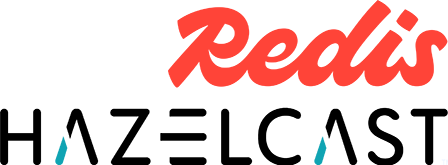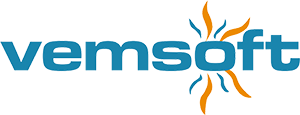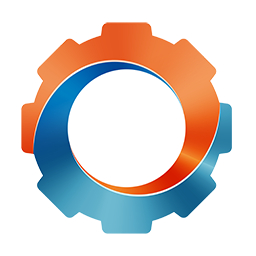We deliver tailored solutions by leveraging our extensive experience in:
- Integration, migration, and development of corporate and banking systems
- Development of administrative and self-service fueling software for petrol station networks
- Development and operation of software solutions for electric vehicle charging networks
From the emergence of specific needs to fast and efficient implementation, we ensure our clients’ satisfaction through continuous business and IT support.
Put us to the test — get in touch with us today!
Technologies for Successful Projects
Guidelines for Choosing the Right Tech Stack
We always strive to select the most suitable technologies for each project—those that best meet the requirements of functionality, scalability, security, and maintainability. Below, we present the tools that help us fully satisfy these needs.
Core Technologies
Our core technologies have proven themselves over many years in enterprise environments. They form the foundation not only for backend development, but also for frontend and mobile application development.
Backend Development
Spring Boot 3
We use Spring Boot 3 for Java backend development and for building robust, high-performance web applications. It allows us to launch new projects quickly and easily, offering many ready-to-use features such as metrics and health checks.

Hibernate
Hibernate helps Java programs work easily with data stored in traditional databases. It shows the data as regular Java objects, so developers can write complex queries and handle results without much hassle. It also keeps the data in memory and the database in sync, while following important rules that keep data safe and consistent (like ACID). Once the basic saving and loading logic is done, developers can also fine-tune performance later.

Redis and Hazelcast
Fast and reliable caching solutions. We primarily use them in clustered environments—for inter-node communication and storing the results of database queries.

API Design and Integration
We have extensive experience in API development and integration. Our solutions include WebServices, RESTful APIs, and the increasingly popular GraphQL query language.

Frontend Development
Angular
We use Angular to build dynamic, high-performance, and complex web applications. It allows us to create reusable components, ensuring that our web apps are modular, maintainable, and scalable.

Bootstrap and Tailwind CSS
To ensure our web applications are responsive across all devices, we rely on CSS frameworks like Bootstrap and Tailwind CSS. The CSS classes we provide make sure the final product adapts seamlessly to any screen size—from large desktop monitors to mobile phones.

Ionic Framework
We take pride in using the Ionic Framework for developing mobile applications. This cross-platform technology, built on Angular, enables us to create both Android and iOS apps from a single codebase.
Benefits include: code reusability, cost efficiency, faster development cycles, broader audience reach, consistent user interface, easier maintenance, access to native mobile features (camera, biometric authentication, GPS, etc.), and strong community support.

Push Notifications and Centralized Authentication
Our mobile apps can be integrated with Firebase—a comprehensive service suite from Google. It offers features such as Google or Apple account login, real-time messaging, analytics, crash reporting, subscription management, and many other tools to help you fully leverage your mobile application.

Code Quality
Sonar Server and IDE
We’ve integrated Sonar Server and IDE (formerly known as SonarLint/SonarQube) into our development environments and build processes. These tools provide valuable suggestions during coding to help our team maintain a cleaner and more secure codebase. They can detect and highlight problematic code sections and uncover potential security vulnerabilities.

Automated Testing
We test our completed software using Cucumber, a behavior-driven development (BDD) tool. The tests written with Cucumber are easy to read and understand, and they also serve as clear test specifications. Benefits of using this tool include:
- Flexibility across different software platforms
- Ability to write test cases without deep programming knowledge
- Code reusability
- Faster execution compared to Selenium plugins
- Clear summaries of test results

CI/CD (Continuous Integration, Continuous Deployment)
Jenkins
We rely on Jenkins to handle the build process of our applications. Its use simplifies real-time testing, reporting, and deployment, making our development workflow more efficient and reliable.



